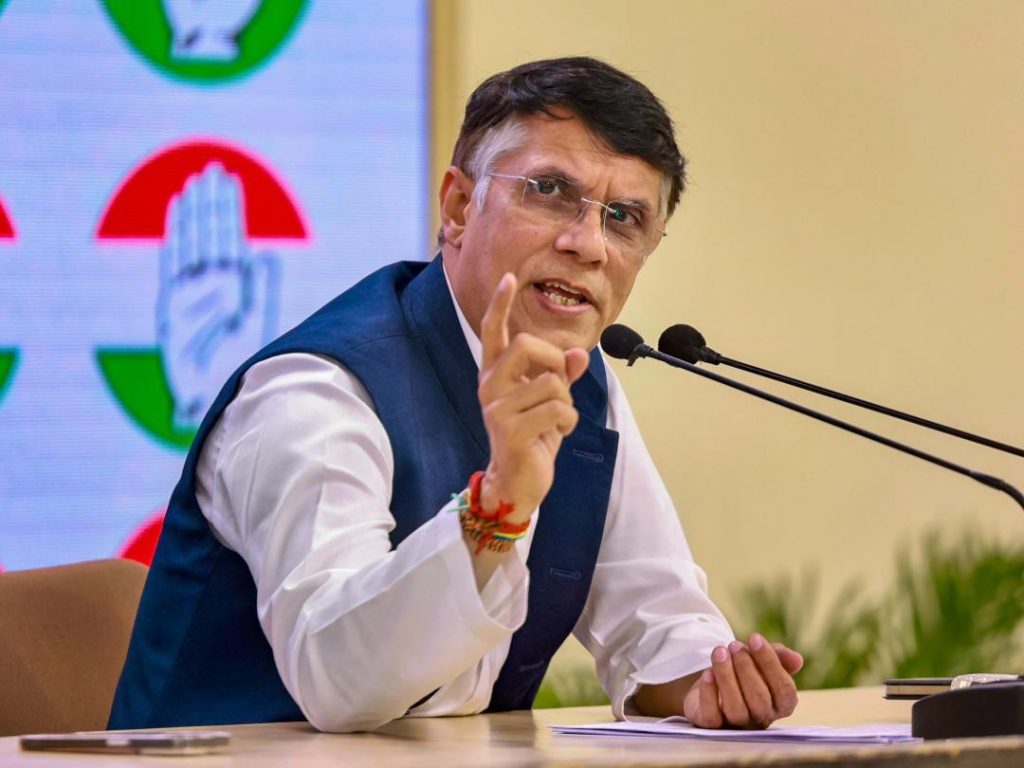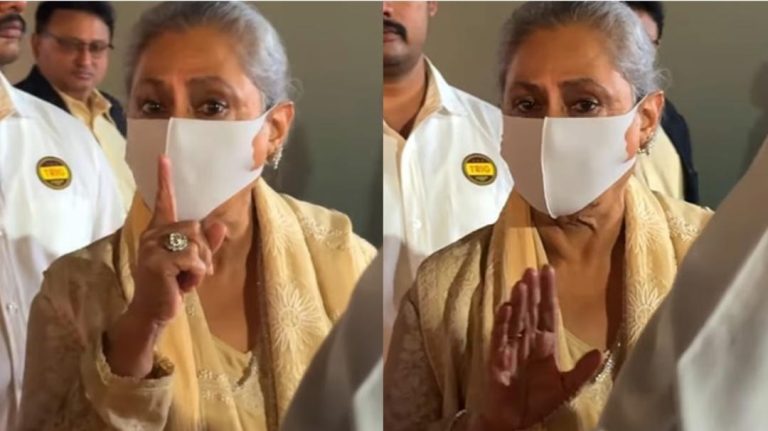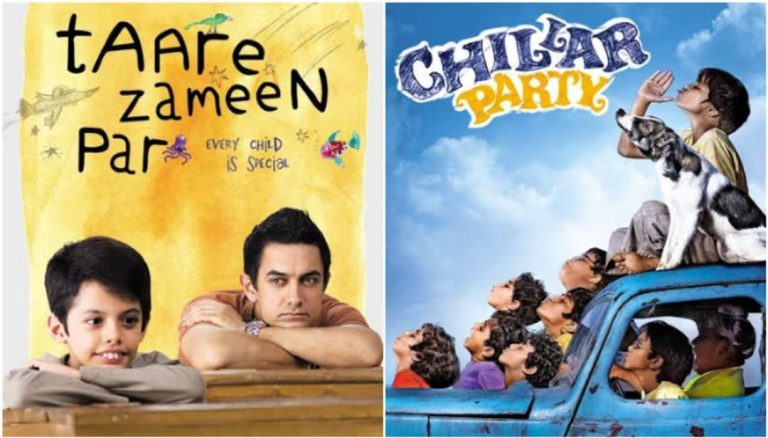
Israel Shares Map Showing J&K in Pakistan, Apologises Later
In a shocking turn of events, the Israel Defense Forces (IDF) recently shared a map on their official Twitter handle, which showed the Indian Union Territory (UT) of Jammu and Kashmir as a part of Pakistan. The map, which was shared on October 8, 2022, sparked outrage and anger among Indians, with many calling out the IDF for their mistake.
The map, which was later deleted, showed Jammu and Kashmir as a part of Pakistan’s Azad Kashmir region. The error was quickly noticed by Indian netizens, who took to social media to express their shock and disappointment. Congress leader Pawan Khera was one of the first to react, tweeting, “Another day, another feather in Vishwaguru’s cap. His ‘friend’ shows J&K as a part of Pakistan.” Khera’s tweet was accompanied by a screenshot of the map, which had been shared by the IDF.
Khera’s tweet was widely shared and liked, with many Indians expressing their outrage and disappointment at the IDF’s mistake. The tweet also sparked a debate about India’s relationship with Israel, with some arguing that the mistake was a result of the close ties between the two countries.
However, the IDF later issued an apology for the mistake, stating that the map was an illustration and did not depict precise borders. The apology was shared on the IDF’s official Twitter handle, with the tweet reading, “We apologize for the mistake. The map is an illustration and doesn’t depict precise borders. We respect the sovereignty and territorial integrity of all nations, including India.”
The apology was met with mixed reactions, with some Indians accepting the IDF’s explanation and others continuing to express their outrage and disappointment. The incident has raised questions about the accuracy of maps shared by official handles, and the need for greater scrutiny and verification before sharing such information.
The incident has also sparked a debate about India’s relationship with Israel, with some arguing that the mistake was a result of the close ties between the two countries. However, others have pointed out that the mistake was made by the IDF, and that it is unfair to tar India’s relationship with Israel with the same brush.
In recent years, India and Israel have strengthened their ties, with the two countries signing several agreements and cooperating in areas such as defense and technology. However, the relationship has also been marked by controversies and disagreements, particularly over issues such as the Israeli-Palestinian conflict.
Despite the controversy over the map, the incident has also highlighted the importance of accurate information and verification in the digital age. In today’s world, where information is readily available and easily shareable, it is more important than ever to ensure that the information we share is accurate and reliable.
The incident also raises questions about the role of social media in shaping public opinion and perceptions. Social media platforms have become an important tool for governments, organizations, and individuals to share information and shape public opinion. However, the incident also highlights the need for greater scrutiny and verification before sharing information on social media.
In conclusion, the incident highlights the importance of accuracy and verification in the digital age. It also raises questions about the role of social media in shaping public opinion and perceptions. While the IDF’s apology has been accepted by some, the incident has also sparked a debate about India’s relationship with Israel and the accuracy of maps shared by official handles. As we move forward, it is essential that we prioritize accuracy and verification, and ensure that the information we share is reliable and trustworthy.
News Source:
https://x.com/Pawankhera/status/1933549006367416545






